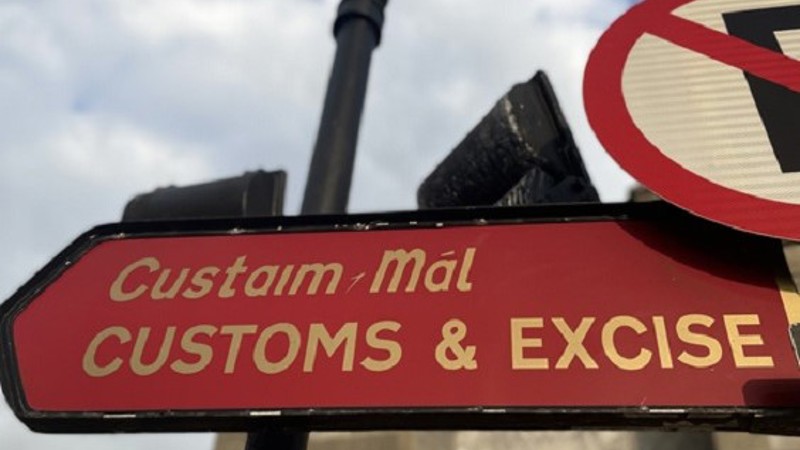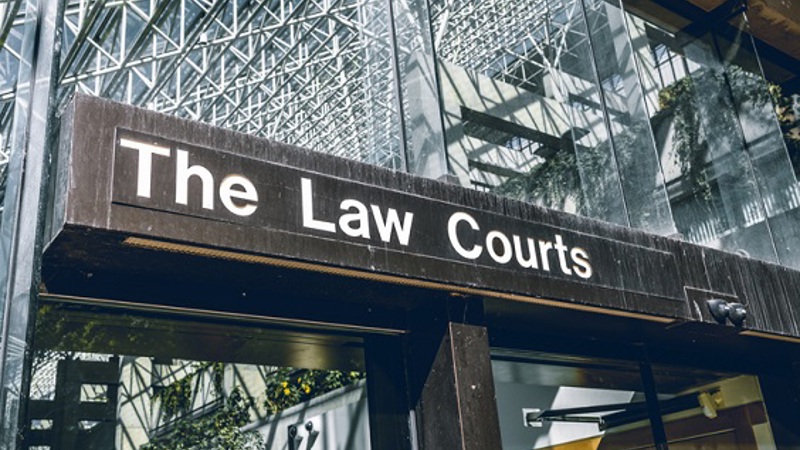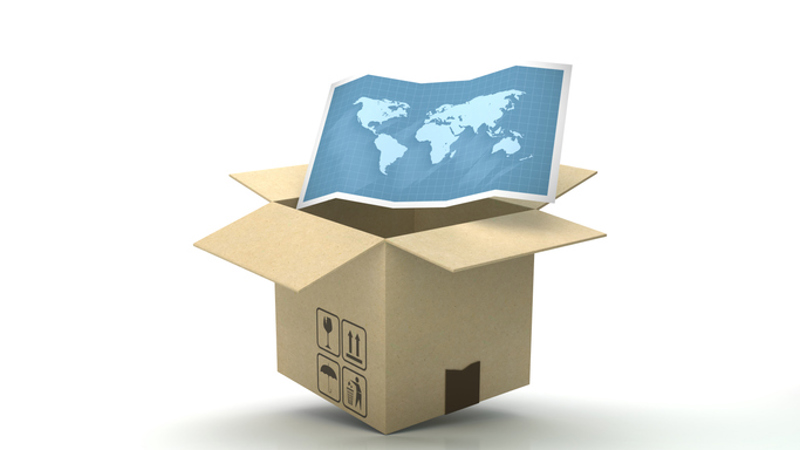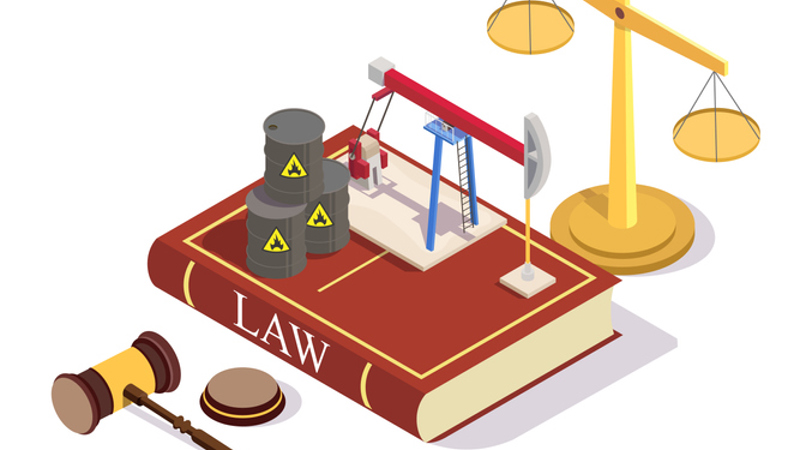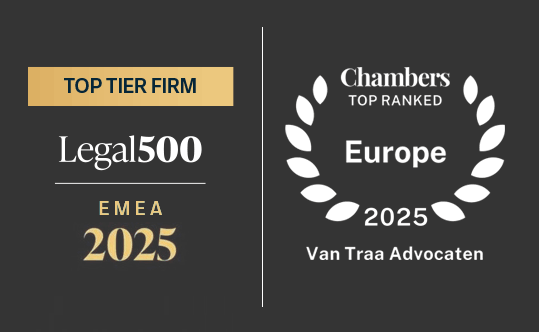International transport inspections – rights and obligations in the Netherlands
March 2022
The EU is getting serious about preventing death and serious injuries by road accidents. After many regulations[1] in order to provide a minimum standard for safe road transport of passengers and goods, in 2018 the EU has reaffirmed its ambitious long-term goal, to move close to zero deaths by 2050 as provided in the EU’s “Vision Zero”.[2] To achieve its “zero” objective, the European Union adopted the “Roadworthiness” package in 2014, among which was notably Directive 2014/47/EU on the technical roadside inspection of the roadworthiness of commercial vehicles circulating in the Union which among other things laid down minimum requirements for road safety.[3] However, after a rigorous analysis of the impact of the rules and regulations that were implemented as part of this Vision Zero in 2021, it became apparent that EU-member states are falling short of their goal to halve the number of road deaths from 2010 to 2020. The figures up to 2018 show an average decrease of 15 to 20% compared to 2010 instead of the targeted 50%.[4] In some countries, fatality figures have not only become stagnant but have even started to rise. This was cause for the EU to urge member states to, among other things, increase inspections and tackle the coordination of road inspections between EU member states.[5] Against this background we would not be surprised if there were to be an increase in inspections on road hauliers throughout Europe the coming years.
More specifically for the Netherlands, the Environment and Transport Inspectorate (“Inspectie Leefomgeving en Transport” or abbreviated as “ILT”) reports that it has performed 183 checks on parcel deliverers throughout the Netherlands last December alone.[6] During this month-long action the ILT inspectors mainly checked the possession and presence of the licence for professional transport of goods (also called a “Euro licence”) and found that 1 out of 5 was in violation. There is a chance that ILT will start using similar short term actions with a focus on other carriers or other (perceived) violations of transport rules and regulations.
Now imagine that ILT is suddenly at your – cabin – door, what are your rights and obligations?
First of all, you are always free to enlist the help of a counsellor. The inspector must wait with the performance of his or her inspection until your legal counsel is present. In the meantime, it is good to check whether the person at the door is actually from ILT or the inspectorate they claim to represent. Controllers such as ILT inspectors are obliged to show a government issued identity card with photograph upon request, so that they can demonstrate the capacity in which they are acting.
In addition, it is important to check what the subject of their inspection is. An inspector may only inspect compliance of the firm or person they wish to inspect with rules for which they have been appointed. In order to verify whether an inspector is acting beyond their remit, you are free to ask what they have come to inspect. For clarification purposes an example. An ILT inspector may of course investigate the presence of the Euro licence but is not allowed to ask for correspondence with other carriers in order to investigate prohibited price agreements. In general, the latter investigation would be for the sole discretion of the Authority Consumer & Market (“Autoriteit consument & Markt” also abbreviated as “ACM”). Please note that an inspector may also investigate third parties who are not subject to the ILT's supervision at all, but who may contain useful information. Think, for example, of a trade or branch association that you are a member to.
If an inspector is authorised for its investigation, this inspector has various powers at its disposal. In general, an inspector can: enter any place (there are special rules for houses), if necessary with the assistance of others (a locksmith or police) and conduct any investigation necessary on the spot - within the powers granted by law.[7] In doing so, they may - among other things - ask questions and interrogate employees,[8] demand identification of employees,[9] inspect business records and, if necessary, copy the same or seize and take them away.[10] The inspector may examine objects, take samples, open packaging,[11] and examine means of transport and their cargo.[12] However, an inspector may only use these powers insofar as they are reasonably necessary for its inspection. A useful tip is to never allow an inspector to walk around unattended through the company, but to make sure that someone from the company is present who monitors what the inspector sees, asks and investigates. That person can record the same as well for future reference. Please note that under certain circumstances, it is possible to initiate proceedings preventing the intended inspectors actions to a degree. For instance, sometimes it is possible to go start an emergency procedure in order to prevent a seizure of information or items, without which the company cannot continue.
Everyone has an obligation to cooperate if an inspector demands it. This means that you are obliged to cooperate, and if you violate this obligation, a penalty may be imposed.[13] Only certain professions such as lawyers and doctors are exempted from this obligation. Practically speaking this means that an advice of a lawyer to your company, or a file of an internal company doctor, does not have to be handed over to supervisory bodies.
However, even if a company bears the duty to cooperate with inspections, you also have the right of non self-incrimination. This means that you do not have to cooperate if your testimony could lead to your own (punitive) sentencing. This is also called the “nemo tenetur” principle. Therefore, if an inspector interrogates you as a violator, you must be careful. You are still obligated to cooperate, but some things you do not have to tell. In short, you have the right to remain silent. Inspectors are obliged to caution before they start their interrogation that you have the right to remain silent,[14] but in practice this caution can go unnoticed, for instance as a result of the stress that someone unused to inspections can perceive. If you are in doubt whether you are being interrogated – instead of just being asked some questions, you are free to ask if the inspectors is merely asking information in the course of his inspection, or if the inspector suspects you or your company of a violation. In addition, you always have the right to consult a legal counsellor. Please note that you have the right to be assisted by a counsellor during an interrogation. In the alternative, you can ask to for the presence of a colleague during an interrogation.
Are you in doubt? Then let the authorities know: "You will of course cooperate with the investigation", but that "you first want to complete your own file, study and discuss it with your counsellor", and that you want to schedule the interrogation at a later date.
Of course, this is a very brief outline of your rights and obligations during an inspection. In a short article like this, it is impossible to fully delve into all nuances of every right and obligation you may have during an inspection let alone discuss the legal options you may have . In any case, it is good to remember that you are always free to ask critical questions. And of course, you may always make arrangements with the supervisor, so be sure to make use of that opportunity.
For further information also feel free to download our whitepaper “Inspecties in de 1,5 meter samenleving” (in Dutch) from our website.
* * *
[1] Among which: Council Directive 77/143/EEC of 29 December 1976 on the approximation of the laws of the Member States relating to roadworthiness tests for motor vehicles and their trailers (OJ 1977 31977L0143); Council Directive 96/96/EC of 20 December 1996 on the approximation of the laws of the Member States relating to roadworthiness tests for motor vehicles and their trailers (OJ 1996 L 46).
[2] Which is also laid down in Directive 2000/30/EC of the European Parliament and of the Council of 6 June 2000 on the technical roadside inspection of the roadworthiness of commercial vehicles circulating in the Community (OJ L 203, 2000).
[3] Directive 2014/47/EU of the European Parliament and of the Council of 3 April 2014 on the technical roadside inspection of the roadworthiness of commercial vehicles circulating in the Union and repealing Directive 2000/30/EC (PbEU 2014 L 127/134).
[4] The ambition to halve the number of deaths and injuries from road traffic accidents from 2010 to 2020 was copied from target 3.6 of the UN Sustainable Development Goals (SDG).
[5] Report on the EU Road Safety Policy Framework 2021-2030 – Recommendations on next steps towards ‘Vision Zero’ d.d. 22 June 2021 (2021/2014(INI)).
[6] https://www.ilent.nl/actueel/nieuws/2022/01/11/ilt-controleert-pakketbezorgers-op-vervoersvergunningen.
[7] Article 5:15 of the General Administrative Law Act (“Algemene wet bestuursrecht” also abbreviated as “Awb”).
[8] 5:16 Awb.
[9] 5:16a Awb.
[10] 5:17 Awb.
[11] 5:18 Awb.
[12] 5:19 Awb.
[13] 5:20 Awb.
[14] 5:10a lid 2 Awb.





